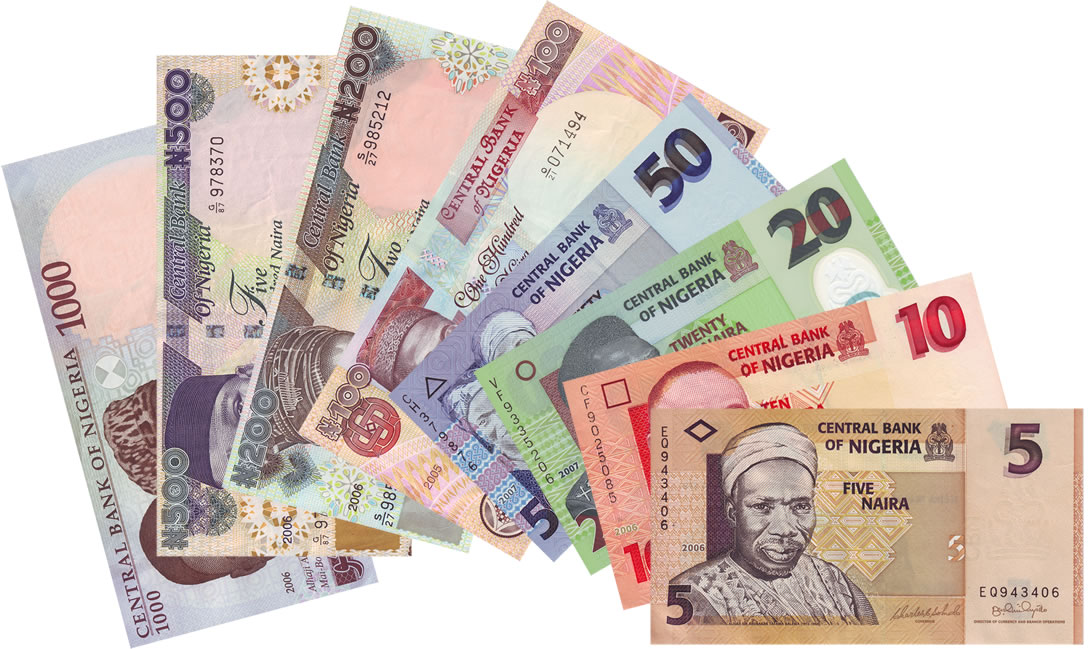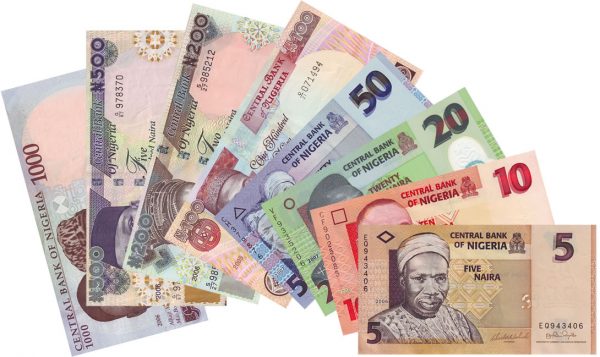Nigeria’s economy greatly depends on crude oil production. It is common knowledge that the international market price of crude oil has been dwindling since last year.
As a result, people from all walks of life have called on the Nigerian Government to diversify our economy. Many highlighted the need for the labour force to return to agriculture whilst others have turned to entrepreneurship.
Interestingly, to be the best of my knowledge, no one has thought about sports as a solution to our economic mess. Despite sports being a reflection of life in all ramifications, including entrepreneurship, it is amazing how sports development is underrated in contributing hugely to the economy of our nation.
“Football is like life… it requires perseverance, self-denial, hard work, sacrifice, dedication and respect for authority.” – Vince Lombardi (American Football Hall of Famer).
Sports is popular for the entertainment, fun and thrill it affords the followers however many fail to realise that sports is big business – a multi-billion naira industry. John Abbamondi, Vice President of the NBA’s Team Marketing & Business Operations division, described sports as “a people business.”
Sports can create jobs for many, generate income and support local, national and international economic development. United Nations Secretary-General, Ban Ki-moon, once said, “Sport has become a world language, a common denominator that breaks down all the walls, all the barriers. It is a worldwide industry whose practices can have widespread impact. Most of all, it is a powerful tool for progress and for development.”
Ways in which sports can contribute to economic development in Nigeria include:
1. Improving physical, mental and social well-being of the citizenry, which can affect the economy via total factor productivity.
2. Enhancing income generation through the growth of businesses and job creation by fostering innovation and trade of sports-related sales and services. On a wider scale, it will boost international trade and foreign exchange earnings.
3. Staging any sporting event, whether at local, national or international levels, helps to promote national unity through universal values of fair play, mutual respect and friendship. It also opens doors for the host communities to showcase their rich cultural heritage to the world, making them more attractive for tourists and investors. As a consequence, the reputation of the host country is upgraded.
Last Sunday, the world witnessed The Super Bowl, America’s sporting showpiece, between the Carolina Panthers and the Denver Broncos in Santa Clara, California. It was estimated that about 1.3 billion chicken wings were consumed during the event whilst a 30-second advert for the game cost about $4.8m. Just pause and reflect on how these have contributed to the economic development of the host city and the United States at large.
In football, English Premier League (EPL) clubs are renowned for revenue and reportedly spent over £1bn on transfers this season for the first time, according to sports business analysts at Deloitte. However, the Chinese Super League have surprised everyone, outbidding EPL clubs, to emerge as the biggest spenders this January in football transfers.
The Chinese Government have also turned their focus to sports as an area to promote economic growth ever since their export-driven economy slowed down. This turnaround started with the Chinese Super League and TV rights for the 2016 to 2020 seasons being sold for £1bn. President Xi has said that by 2025 China wants to have a domestic sports industry worth $850bn (£564bn) so don’t be surprised if/when investors turn their attention to China in the coming years.
The good thing about Sports is that it is accessible to all. Sports helps take children off the streets; giving them an avenue to channel their anger and boredom to something productive and educative. This is in line with the words of Edward Abbe, “The function of football, soccer, basketball and other passion-sports in modern industrial society is the transference of boredom, frustration, anger and rage into socially acceptable forms of combat. A temporary substitute for war; for nationalism; identification with something bigger than the self.”
Nevertheless, the Nigerian Government can not do this on their own; they need both indigenous and foreign companies to invest in the development of sports in Nigeria either by sponsoring sports teams or sports events.
Sports sponsorship is often adjudged to be the territory of big companies like Globacom, MTN, and DSTV, but small firms can gain a lot by stepping into the ring. It is one of the most attractive marketing environment for companies to invest in. Small companies don’t have to break the bank to sponsor local sports teams, stadium, event or kit design. Instead, the platform should afford them excellent opportunities to market and promote their brand, create valuable goodwill, build their reputation, and develop deeper customer relationships.
However, it is important to for companies to note that sports, as a people’s business, is dependent on the consumers – the fans. So all prospective investors ought to think critically and be responsive to the fans’ attitudes before rebranding a sport in order not to provoke the ire of fans.


